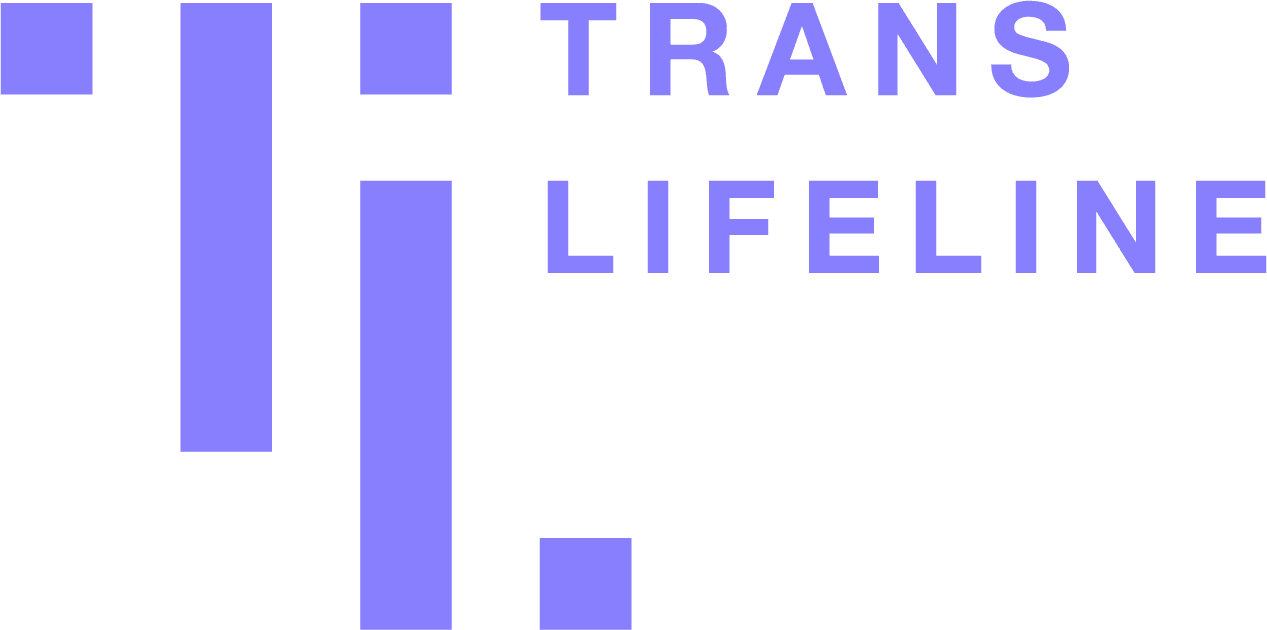Binding (Chest)
Flattening or reshaping one’s chest with constricting material to minimize the appearance of having breasts and create a more traditionally masculine or androgynous appearance. Some binding methods, including using duct tape or Ace bandages, may pose long-term health risks, including muscle tears, lung damage, and/or rib bruising. Medical-grade binders are made with stretchier, more breathable material, offering some transgender people a lower-risk way to bind. Some transgender people have created community organizations to send other trans people safe, medical-grade binders for free, preventing some of the health problems associated with binding (see our Binding Guide).

